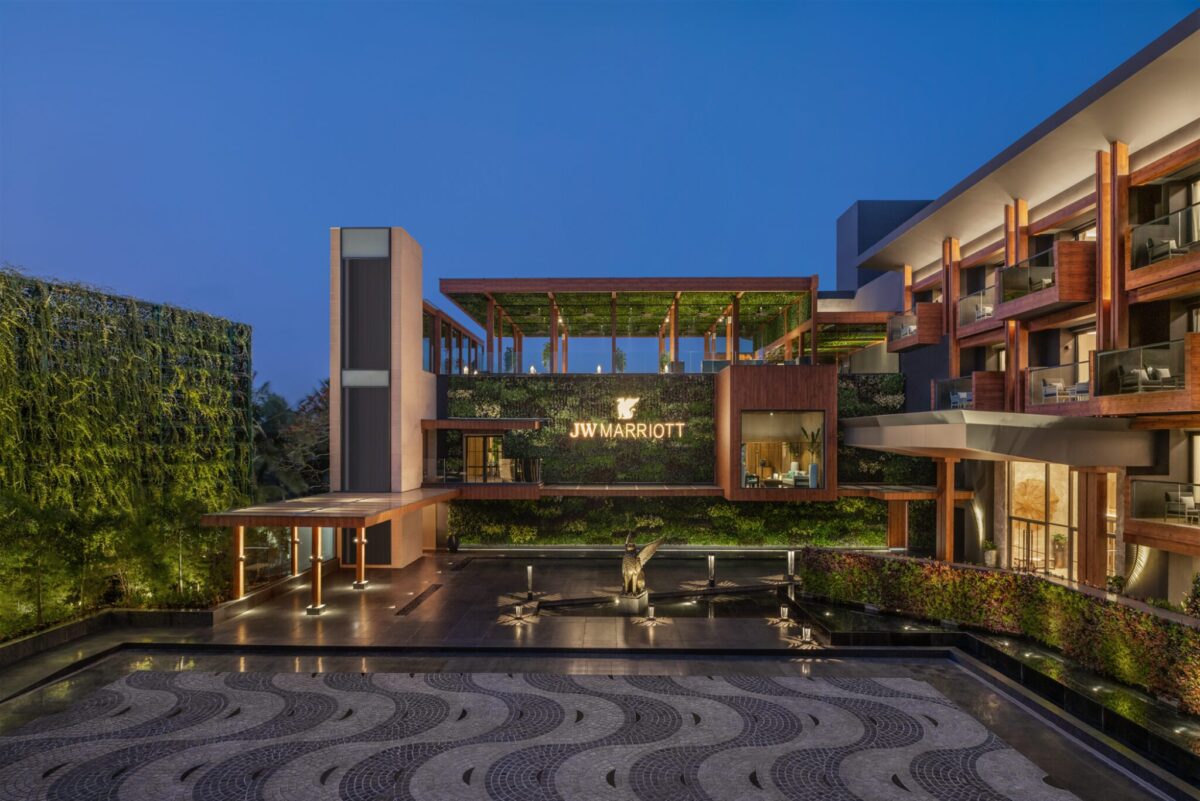Inside Marriott's India Strategy: From Moxy Debut to Embracing Smaller Cities

Skift Take
Marriott, the leading hotel company in India, is set to introduce its 17th brand in the country — Moxy.
This move was recently announced by Ranju Alex, Marriott's area vice president for South Asia, during the launch of India's first-ever co-branded hotel credit card by Marriott in partnership with HDFC Bank.
“Our brand entries reinforce our commitment to South Asia. It is a high potential region for us and Moxy as a brand will bring a bold, new and unconventional hotel experience to this dynamic market. It will be our 17th brand to launch in the region across markets such as Bengaluru, Mumbai and Chennai with an anticipated opening planned for the first quarter of 2024,” Alex said.
Marriott International now has 31 brands globally with a 32nd on its way. (Read Skift’s explainer on Marriott’s brands.)
The impact of the Covid-19 pandemic has caused a major shift in Marriott's approach to business, showing the importance of diversification. That's behind the introduction of the Ritz Carlton yacht and the imminent launch of the Mo

